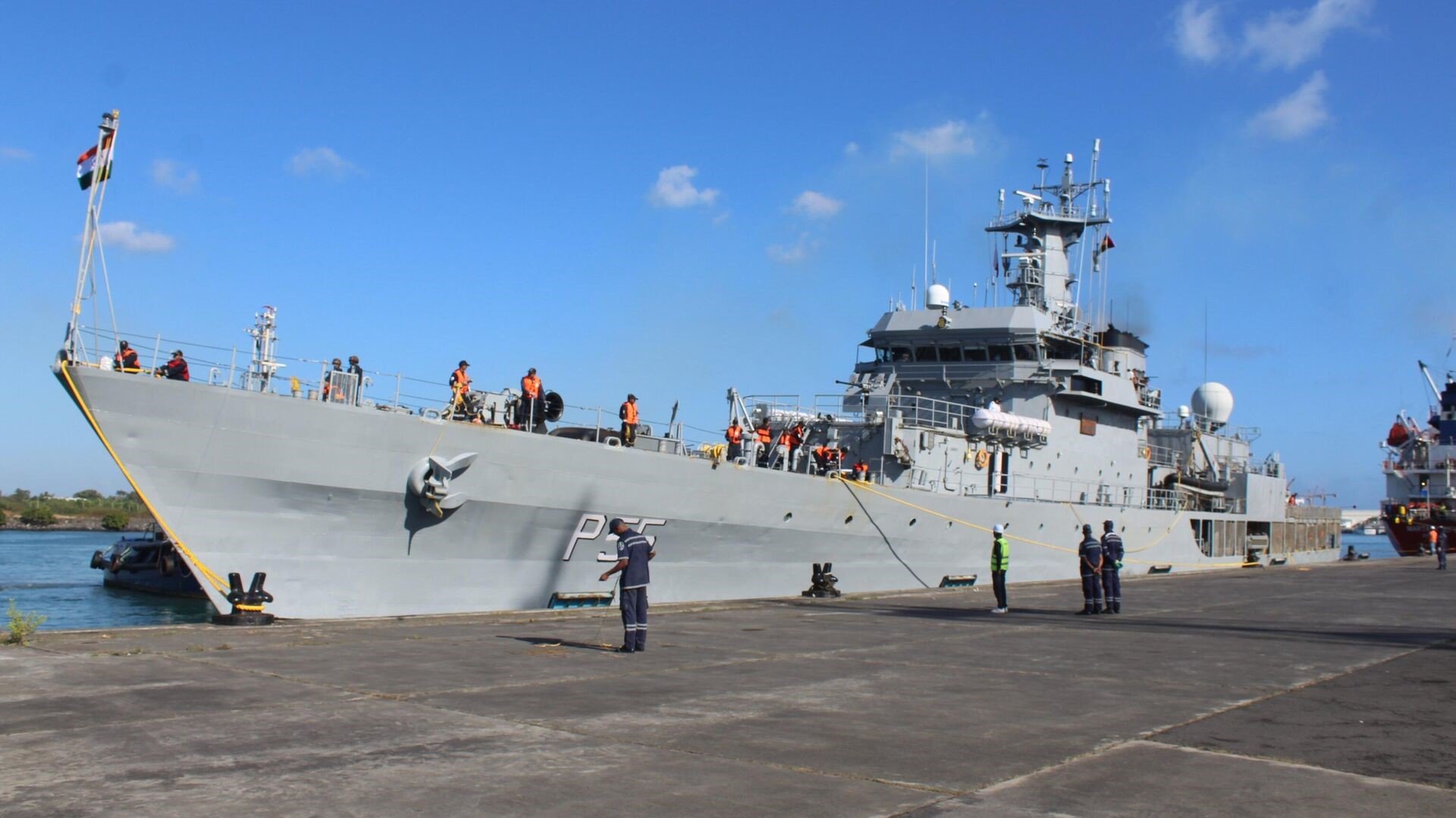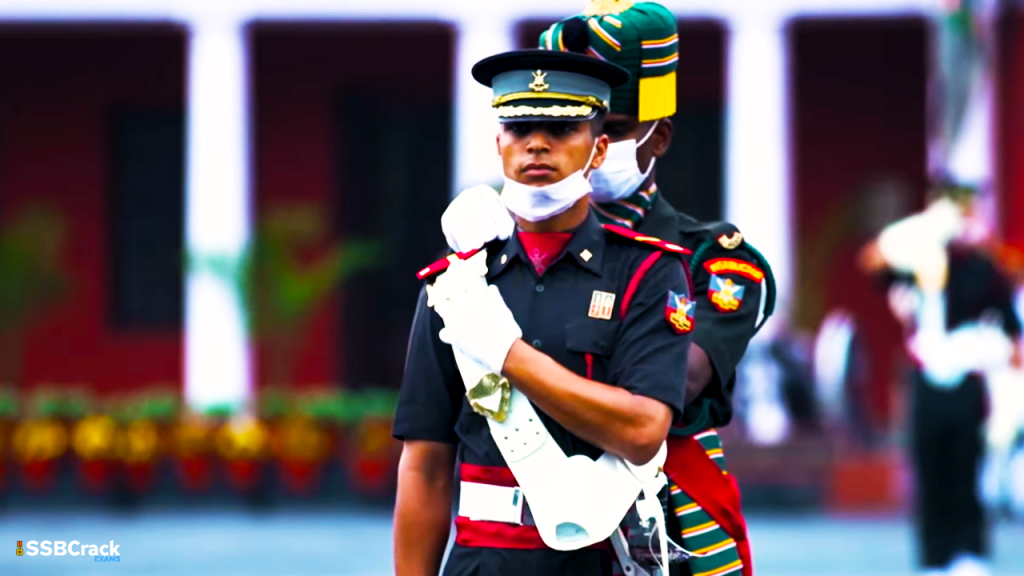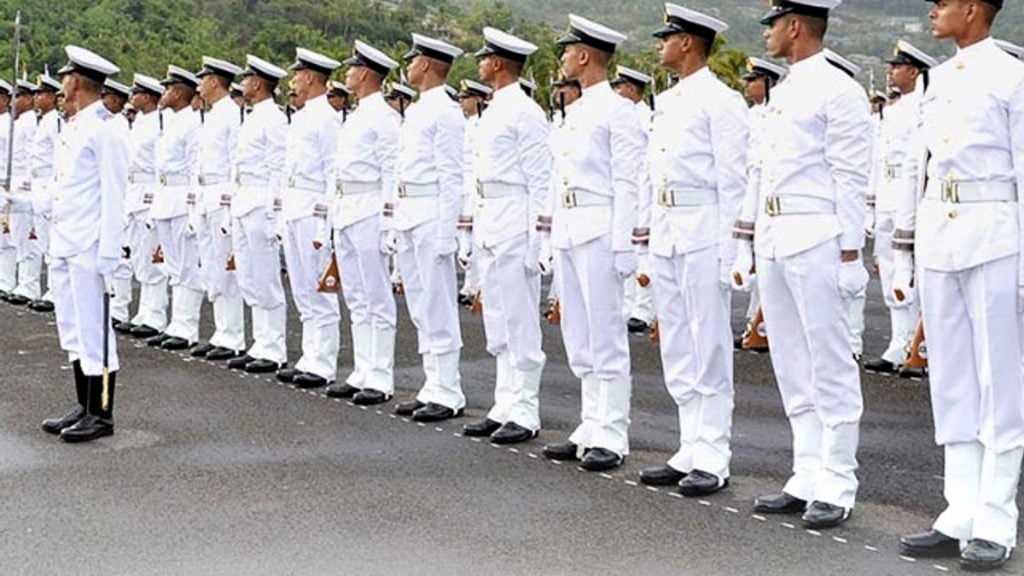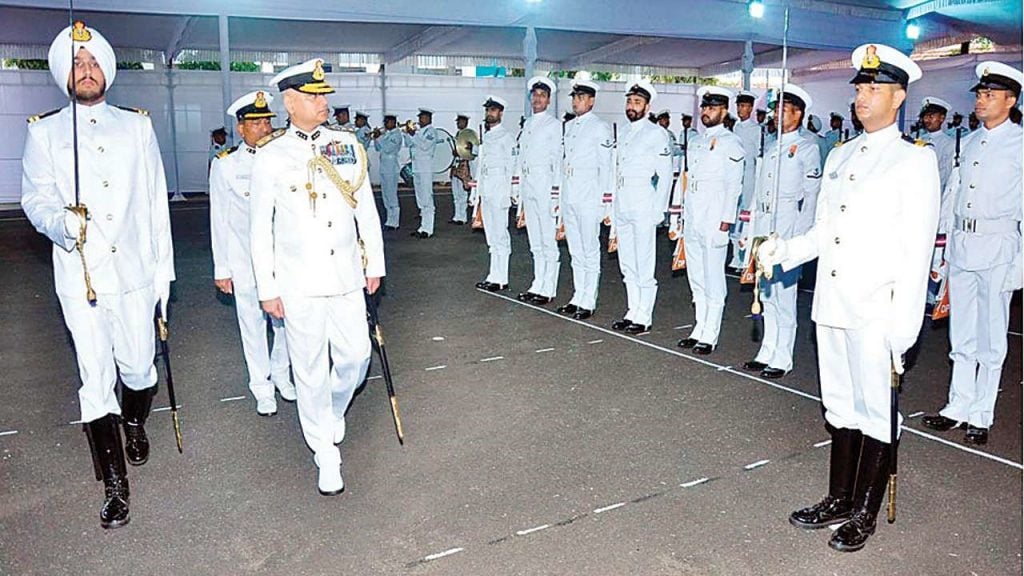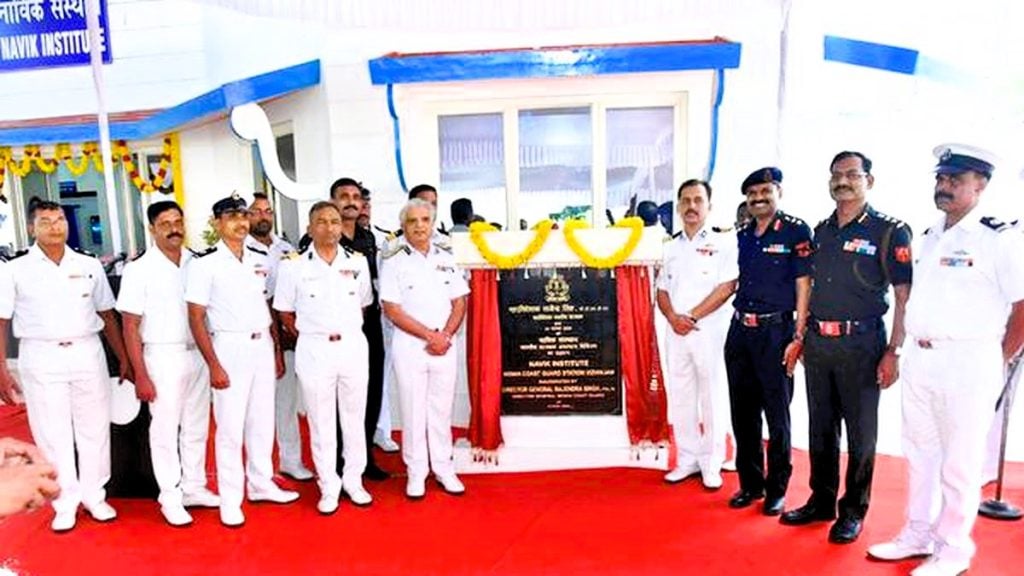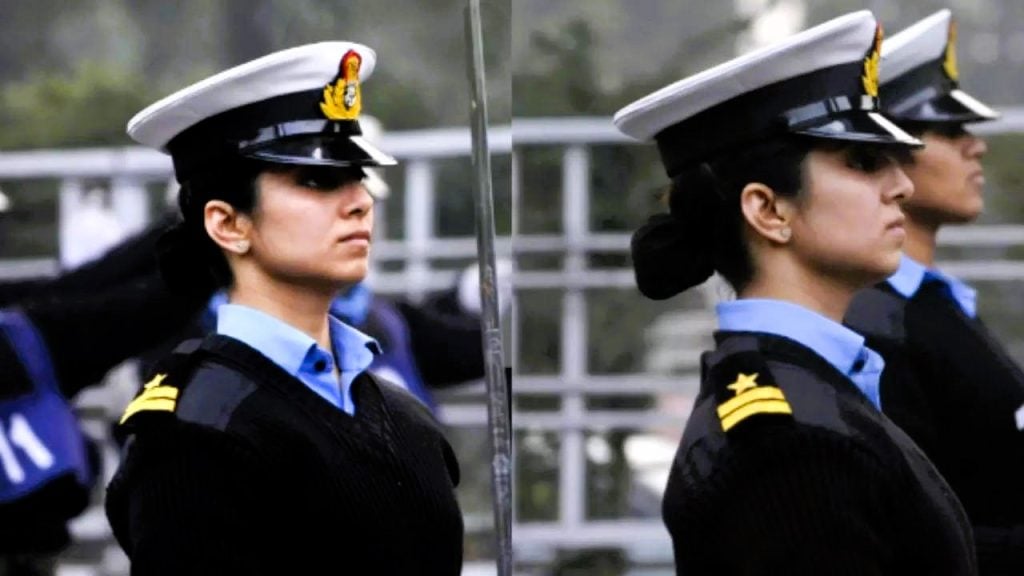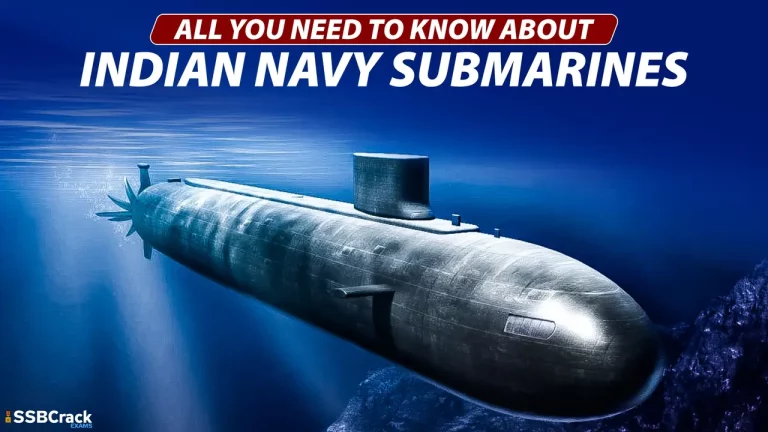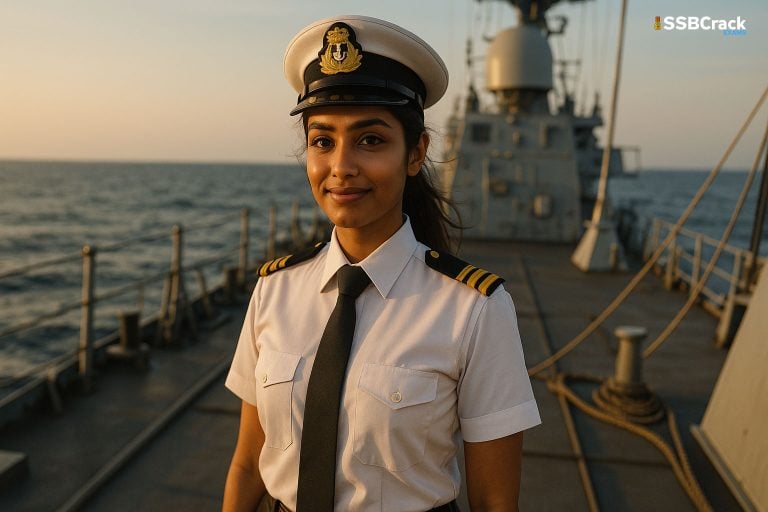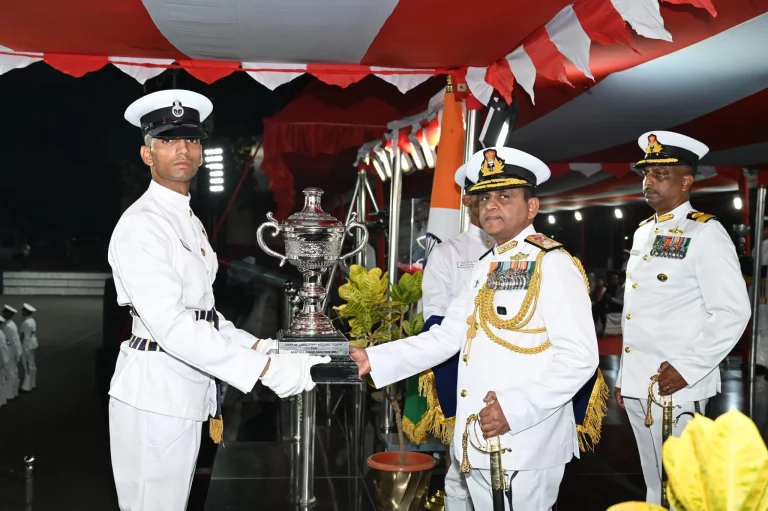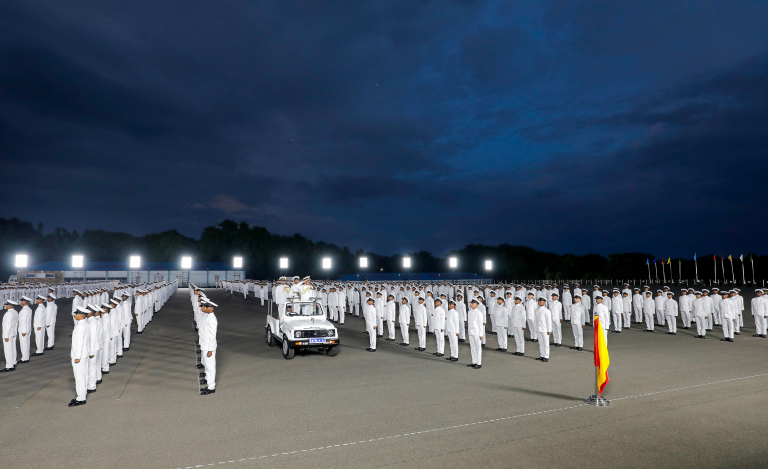India’s vast maritime borders and strategic coastal regions demand robust security and surveillance measures, making the Indian Coast Guard a crucial player in safeguarding the nation’s maritime interests. As an integral part of India’s defense forces, the Coast Guard offers a diverse range of career opportunities for aspiring maritime professionals, from entry-level sailors to high-ranking officers.
In this comprehensive guide, we will delve into How to Start Your Journey with the Indian Coast Guard, the diverse roles and responsibilities, and the exceptional benefits that come with serving in this esteemed organization.
Understanding the Indian Coast Guard
The Indian Coast Guard is a multi-dimensional organization tasked with ensuring the safety and security of India’s extensive maritime borders, which span over 7,500 kilometers across the Arabian Sea, the Bay of Bengal, and the Indian Ocean. Established in 1978, the Coast Guard has grown to become a dynamic force, playing a pivotal role in search and rescue operations, maritime law enforcement, pollution control, and coastal security.
The Organizational Structure
The Indian Coast Guard is led by the Director General, a prestigious three-star rank officer equivalent to a Vice Admiral in the Indian Navy or a Lieutenant General in the Indian Army. The Director General oversees the entire organization, supported by a team of Deputy Directors General and other senior officers at the Coast Guard Headquarters in New Delhi.
The Coast Guard’s operational commands are further divided into various regions, each headed by an Inspector General or a Deputy Inspector General. These regional commands are responsible for the day-to-day operations and management of the Coast Guard’s assets and personnel within their respective jurisdictions.
The Diverse Roles and Responsibilities
The Indian Coast Guard’s responsibilities are multifaceted, ranging from maritime security and search and rescue operations to environmental protection and disaster response. Some of the key roles and responsibilities of the Coast Guard include:
- Maritime Security: Safeguarding India’s maritime borders and territorial waters from illegal activities, such as smuggling, piracy, and poaching.
- Search and Rescue: Conducting search and rescue operations for distressed vessels and individuals at sea, ensuring the safety of maritime travelers.
- Marine Pollution Control: Monitoring and responding to oil spills, chemical leaks, and other forms of marine pollution to protect the coastal environment.
- Coastal Security: Collaborating with other law enforcement agencies to enhance coastal security and prevent terrorist activities.
- Disaster Response: Providing assistance and relief during natural calamities, such as cyclones, floods, and tsunamis, that affect the coastal regions.
Indian Navy INCET 01/2024 exam schedule out; check details here
Career Opportunities in the Indian Coast Guard
The Indian Coast Guard offers a wide range of career opportunities for individuals with diverse educational and professional backgrounds. From entry-level sailors to high-ranking officers, the Coast Guard provides a structured career progression path that allows aspirants to contribute to the organization’s critical mission.
Entry-Level Positions for Sailors
The Indian Coast Guard recruits sailors through three primary entry pathways: Mechanical, General Duty (GD), and Domestic Branch (DB). Candidates must meet the age criteria, which typically ranges from 18 to 22 years, with some age relaxations for reserved categories.
- Sailor Mechanical: Applicants must possess a 10th-grade education and a 3-year diploma in Mechanical, Electrical, or Electronics & Telecommunication engineering.
- Sailor DB: This entry pathway is open to candidates with a 10th-grade education.
- Sailor GD: Candidates must have a 12th-grade education with Physics and Mathematics as subjects.
The selection process for these entry-level positions involves a thorough assessment of the applicants’ physical fitness, written examinations, and personal interviews. Successful candidates are then provided with comprehensive training to equip them with the necessary skills and knowledge to serve in the Coast Guard.
High-Ranking Officer Positions
The Indian Coast Guard offers several high-ranking officer positions, with the Director General (DG) being the highest-ranking officer. The DG holds a prestigious three-star rank, equivalent to a Vice Admiral in the Indian Navy or a Lieutenant General in the Indian Army.
The DG is responsible for overseeing the entire organization, setting strategic priorities, and ensuring the effective execution of the Coast Guard’s mission. The DG is supported by a team of Deputy Directors General and other senior officers at the Coast Guard Headquarters in New Delhi.
Other high-ranking officer positions in the Coast Guard include:
- Inspector General: Commanding the various regional commands and overseeing the operations within their respective jurisdictions.
- Deputy Inspector General: Assisting the Inspector General in managing the regional commands and providing strategic guidance.
- Commandant: Serving as the commanding officer of Coast Guard stations and units, responsible for the day-to-day operations and management of the assigned assets and personnel.
- Assistant Commandant: Supporting the Commandant in various administrative and operational duties.
The selection process for these officer positions involves a rigorous examination, physical fitness assessment, and personal interviews. Successful candidates are then provided with comprehensive training and leadership development programs to prepare them for their roles.
Indian Navy Agniveer Recruitment 2025: Check Exam Pattern, Application Process And Syllabus
Benefits of Serving in the Indian Coast Guard
Joining the Indian Coast Guard offers a range of exceptional benefits and perks that make it an attractive career choice for aspiring maritime professionals.
Competitive Salaries and Allowances
The Indian Coast Guard provides its personnel with competitive salaries and a comprehensive benefits package. The Director General, the highest-ranking officer, earns a basic salary of Rs. 2,05,000 per month (Pay Level-16). Additionally, Coast Guard personnel receive various allowances, such as dearness allowance, house rent allowance, and transport allowance, among others.
Exceptional Facilities and Amenities
Coast Guard personnel and their families enjoy access to a range of facilities and amenities, including:
- Government Accommodation: The Coast Guard provides its personnel with comfortable government-owned housing, ensuring a secure and well-equipped living environment.
- Government Vehicles: Coast Guard officers are provided with government-issued vehicles for official and personal use.
- Security and Safety: The Coast Guard ensures the safety and security of its personnel and their families, with dedicated security measures in place.
- Medical Facilities: Coast Guard personnel and their families have access to high-quality medical facilities, including hospitals, clinics, and specialized care.
Opportunities for Professional Development
The Indian Coast Guard places a strong emphasis on the professional development of its personnel. Coast Guard personnel are provided with various training and educational opportunities, including:
- Specialized Courses: Sailors and officers can undergo specialized training programs in areas such as navigation, engineering, and search and rescue operations.
- Leadership Development: The Coast Guard offers comprehensive leadership development programs to groom its officers for higher-level responsibilities.
- Educational Assistance: The Coast Guard encourages its personnel to pursue higher education, providing financial assistance and study leave opportunities.
Retirement and Pension Benefits
Coast Guard personnel are entitled to a secure retirement and pension benefits, ensuring a comfortable life after their service. The retirement age for Coast Guard officers is 60 years, with the option to serve an extended tenure until 62 years. Upon retirement, personnel receive a generous pension package, healthcare benefits, and other post-service support.
Joining the Indian Coast Guard: The Application Process
The process of joining the Indian Coast Guard involves several stages, from initial eligibility screening to the final selection. Aspiring candidates must carefully review the eligibility criteria and follow the application guidelines provided on the official Indian Coast Guard website at joinindiancoastguard.gov.in.
The application process typically includes the following steps:
- Eligibility Verification: Candidates must ensure they meet the age, educational, and other eligibility requirements for the desired position.
- Online Application: Applicants must complete the online application form, providing all the necessary personal, educational, and professional details.
- Written Examination: Candidates will be required to appear for a written examination testing their knowledge, aptitude, and problem-solving skills.
- Physical Fitness Test: Applicants must undergo a rigorous physical fitness assessment to demonstrate their endurance and agility.
- Interview and Document Verification: Shortlisted candidates will be called for a personal interview and a thorough verification of their documents.
- Final Selection: The selection board will evaluate the candidates’ performance across all stages and make the final selection.
It is important for aspirants to stay updated with the latest recruitment notifications and follow the application process meticulously to increase their chances of securing a coveted position in the Indian Coast Guard.
Indian Navy SSC IT Executive Recruitment 2024, Apply Now
Conclusion
The Indian Coast Guard offers a dynamic and fulfilling career path for individuals passionate about maritime safety, security, and environmental protection. With a diverse range of roles and responsibilities, the Coast Guard provides excellent opportunities for professional growth, competitive compensation, and exceptional benefits. Whether you aspire to join as a sailor or pursue a high-ranking officer position, the Indian Coast Guard is a rewarding choice that allows you to contribute to the nation’s maritime defense and coastal security. Take the first step towards your dream career by exploring the various entry pathways and staying informed about the latest recruitment updates.
FAQs
1. What career path are in the Coast Guard?
As a Coast Guard officer, you’ll have the chance to explore diverse career paths, including aviation, afloat operations, response, prevention, engineering, and cyber. Additionally, you’ll be offered opportunities for advanced training and education.
2. What is the job role of Indian Coast Guard?
Offering protection and support to fishermen in distress at sea. Safeguarding and preserving our maritime environment, including preventing and controlling marine pollution. Supporting customs and other authorities in anti-smuggling operations.
3. Is Indian Coast Guard a good career?
There is also a deep sense of fulfillment in contributing to the nation’s defense. Therefore, a career in the Coast Guard cannot be valued solely in financial terms. Competitive pay and generous benefits are enhanced by a dynamic career that is hard to find in civilian life.
4. What are 5 roles of the Coast Guard?
The Coast Guard oversees six key operational mission areas: maritime law enforcement, maritime response, maritime prevention, marine transportation system management, maritime security operations, and defense operations.
5. Is Indian Coast Guard under Navy?
The Indian Coast Guard (ICG) is a maritime armed force that functions under the Ministry of Defence.
